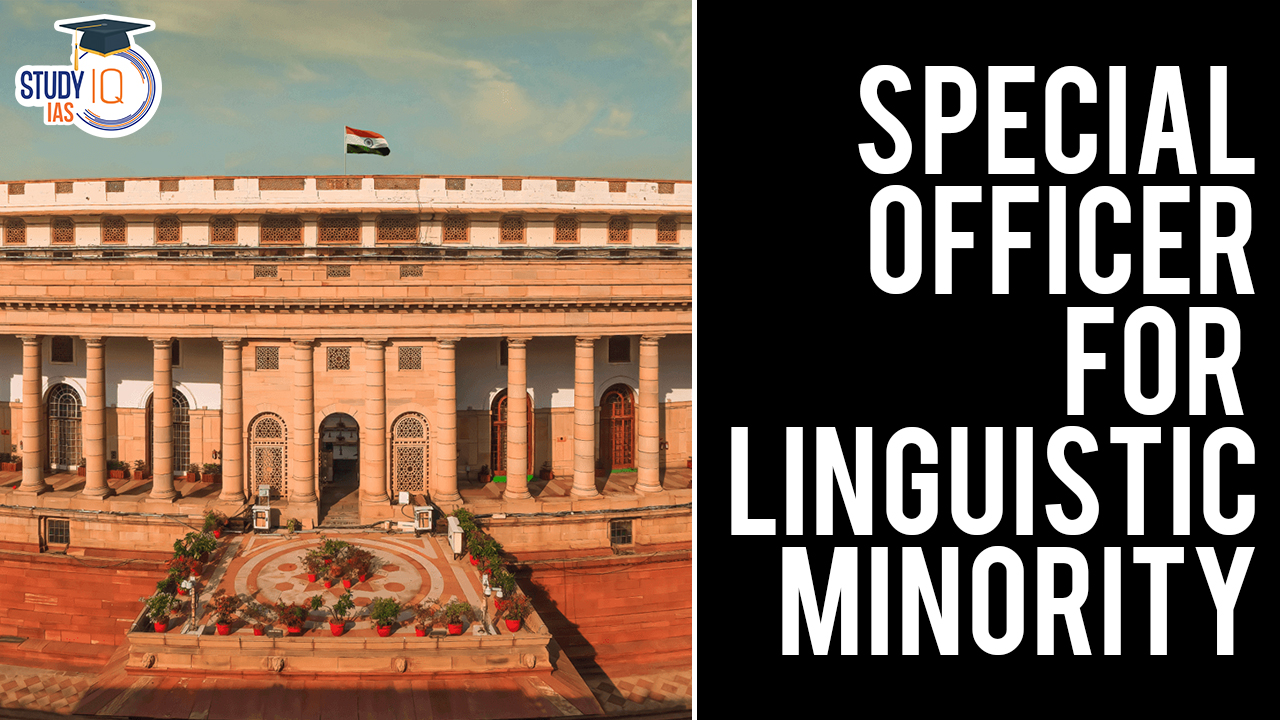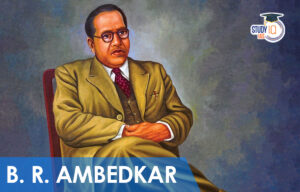Table of Contents
Special Officer for Linguistic Minority
To uphold the rights of linguistic minorities, the President of India appoints a Special Officer for Linguistic Minority (350B). A Special Officer for Linguistic Minority position was established in 1957, as stated in Article 350B of the Constitution. The Commissioner for Linguistic Minorities is who they are. The Special Officer for Linguistic Minority is an important part of Indian Polity which an important subject in UPSC Syllabus. Students can also go for UPSC Mock Test to get more accuracy in their preparations.
Meaning of Linguistic Minority
A group of people whose native tongue is different from the majority or partial majority states is referred to as a linguistic minority. The protection of linguistic minority rights is guaranteed under the constitution. Around 36.3 million of India’s 1.2 billion inhabitants, or a minority in each of the 28 states, speak an absolute minority language, according to the 2011 Census.
Objectives: Special Officer for Linguistic Minority
The main goals of the Special Officer for Linguistic Minorities are:
- To ensure equal opportunities for linguistic minorities to support their development and integration into the nation.
- To raise awareness about their rights and protections.
- To address complaints and issues related to these protections.
Special Officer for Linguistic Minorities: Appointment
Initially, the Constitution of India did not include a role for a Special Officer for Linguistic Minorities. Later, the States Reorganization Commission (1953-55) suggested adding this role.
As a result, the 7th Constitutional Amendment Act of 1956 added Article 350-B to the Constitution. This article states:
- There should be a Special Officer for Linguistic Minorities.
- The President of India will appoint this officer.
- The officer’s job is to look into issues related to the rights of linguistic minorities as stated in the Constitution.
- The officer must report to the President at regular intervals, as directed by the President. These reports should also be shared with both houses of Parliament and the relevant state governments.
However, the Constitution does not mention the qualifications, term length, salary, benefits, or removal process for the Special Officer for Linguistic Minorities.
Special Officers for Linguistic Minorities Constitutional Provisions
A Special Officer for Linguistic Minorities will be appointed by the President, as stated in Article 350(b). This officer’s job is to investigate issues related to the protections for linguistic minorities in the Constitution and report to the President as needed. The President will then share these reports with both Houses of Parliament and the relevant state governments.
The officer will be based in Allahabad and supported by assistant and deputy commissioners. They will also coordinate with state governments and Union Territories through designated nodal officers. The officer reports to the Ministry of Minority Affairs and sends annual reports to the President via the Union Minority Affairs Minister.
| Article 350B |
|
Special Officer for Linguistic Minority Functions
The functions of the Special Officer for Linguistic Minorities include:
- Addressing grievances related to the non-implementation of schemes for linguistic minorities, whether these issues are noticed by the officer or reported by individuals or organizations.
- Investigating matters concerning the protections for linguistic minorities.
- Submitting reports to the President of India about the status of these protections.
- Monitoring the implementation of safeguards through surveys, visits, meetings, and other methods.
Special Officer for Linguistic Minority UPSC
In a multicultural nation like India, there are prejudices based on the language used. There are sizable populations of speakers of different languages in every state in India. The government has a fundamental duty to protect these speakers of a minority language. Students can read all the details related to UPSC by visiting the official website of StudyIQ UPSC Online Coaching.


 Mechanisms to Combat Judicial Corruption...
Mechanisms to Combat Judicial Corruption...
 Registrar General and Census Commissione...
Registrar General and Census Commissione...
 Ambedkar Jayanti 2025: Biography, Legacy...
Ambedkar Jayanti 2025: Biography, Legacy...





















